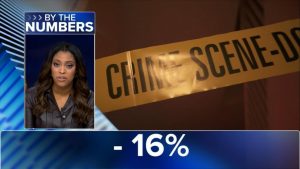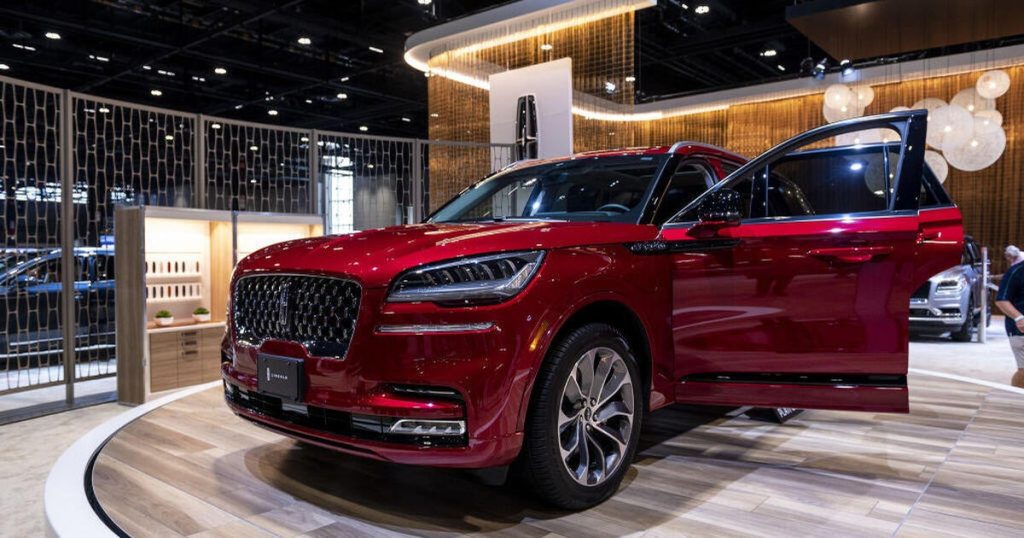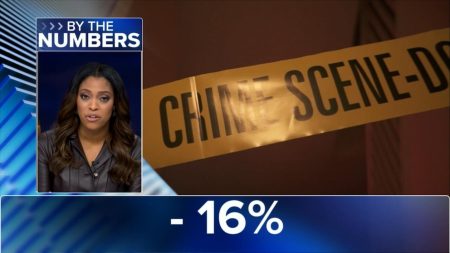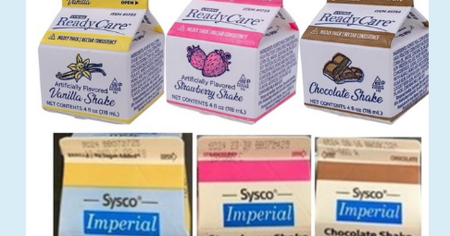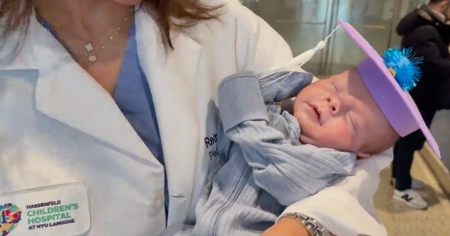Vehicle Recalls: Ensuring Safety on the Road
Introduction: The Importance of Vehicle Safety
In recent automotive news, Ford and Rivian have issued recalls affecting approximately 257,000 vehicles in the U.S. These actions underscore the critical role of safety in the automotive industry and the proactive measures companies take to protect consumers. This summary highlights the key points of these recalls, emphasizing the importance of addressing safety issues promptly.
Ford’s Recall: Addressing Seatbelt Security in Explorers and Aviators
Ford has initiated a recall impacting about 240,510 vehicles, specifically the 2020-2021 Ford Explorers and Lincoln Aviators. The issue lies in improperly secured seatbelt buckle anchor bolts, which could lead to loose seatbelts or buckles. This malfunction poses a serious risk, as it may fail to restrain occupants effectively during a crash, increasing the danger of injury. The recall also extends to vehicles with second-row center seats, which might have an improperly secured seatbelt retractor anchor bolt. Ford is addressing the problem by inspecting and potentially replacing the affected parts at no cost. Despite the potential risks, Ford reports no accidents or injuries related to this issue.
Rivian’s Recall: Tackling Headlight Concerns in R1S and R1T Models
Rivian is recalling 17,260 vehicles, including certain 2025 R1S and R1T models, due to a headlight issue. The problem stems from incorrectly configured parts from a supplier, causing the low beam headlights to malfunction, especially in cold weather. Drivers are alerted with a warning message when the issue occurs. Rivian has not reported any incidents resulting from this issue but is taking action to replace the headlight control modules free of charge, ensuring driver visibility and safety on the road.
Identifying the Issues:Quality Control and Proactive Measures
Both Ford and Rivian identified these issues through stringent quality control measures and supplier oversight. Ford’s recall highlights the importance of securing seatbelt components, while Rivian’s issue points to the challenges of ensuring all parts meet specifications, even in newer models. These instances show that despite rigorous testing, issues can sometimes arise, necessitating swift action to maintain consumer trust and safety.
Taking Action: Repairs and Consumer Assurance
Both companies are addressing these recalls with free repairs at their respective dealerships. Ford will inspect and replace seatbelt components as needed, while Rivian is focusing on replacing faulty headlight control modules. These actions reassure consumers of the companies’ commitment to safety and reliability.
Conclusion: The Role of Consumers in Vehicle Safety
While Ford and Rivian have not reported incidents from these issues, the potential risks highlight the importance of consumers staying informed about recalls. Vehicle owners are encouraged to check their cars regularly and contact dealerships upon receiving recall notices. This proactive approach ensures that all vehicles on the road remain safe, underscoring the shared responsibility between manufacturers and consumers in maintaining automotive safety.

